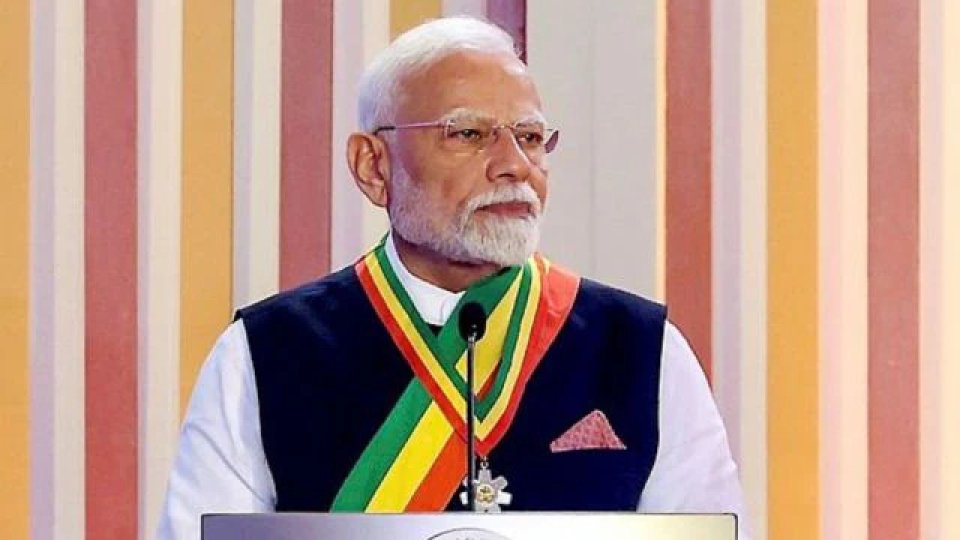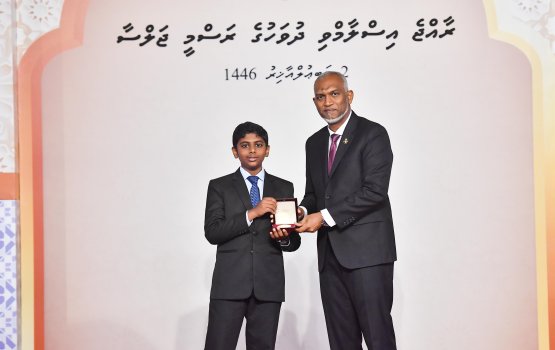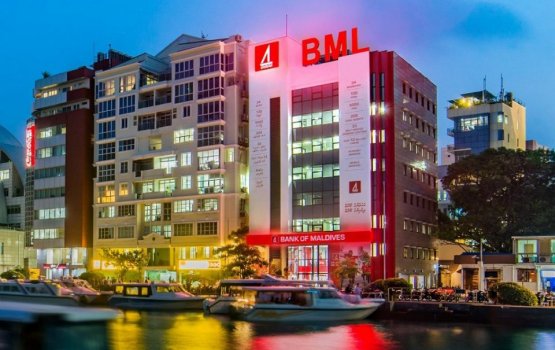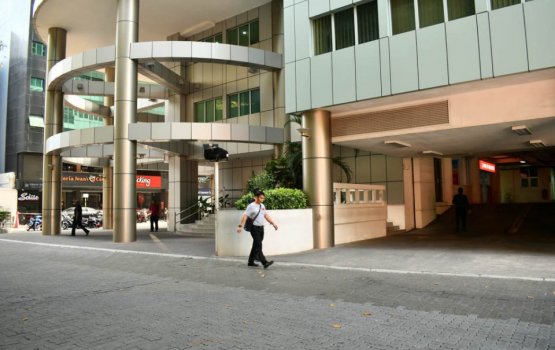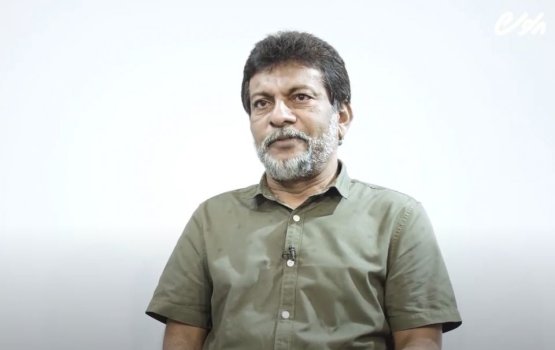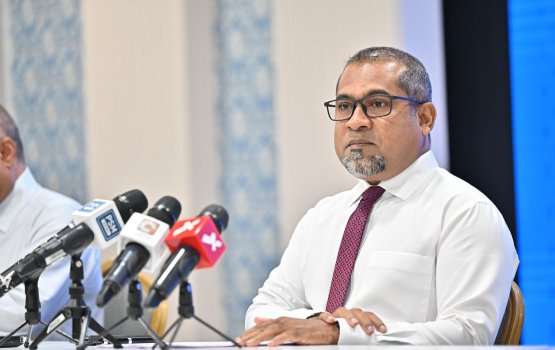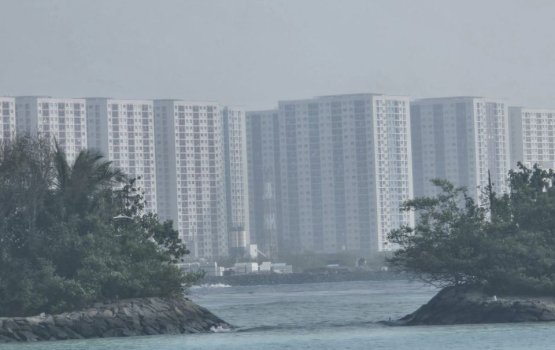Amid ongoing trade uncertainties with the United States, Prime Minister Narendra Modi on Friday (August 29, 2025) urged investors to consider India, asserting that the country will “very soon” become the world’s third-largest economy.
Addressing the India-Japan Economic Forum in Tokyo, Mr. Modi highlighted India’s attractiveness to Japanese companies, describing the nation as a “springboard” for accessing the Global South. In a show of confidence, Japan announced a private investment target of ¥10 trillion in India over the next decade.
“Japanese companies have invested more than $40 billion in India, with $13 billion in private investment over the past two years alone. JBIC [Japan Bank for International Cooperation] calls India the most ‘promising’ destination, and JETRO [Japan External Trade Organization] reports that 80% of companies want to expand in India, with 75% already profitable,” he said. “In India, capital does not just grow — it multiplies.”
India-Japan Initiatives
Following the India-Japan Annual Summit, Japanese Prime Minister Shigeru Ishiba said discussions covered a “wide range of areas, including defence and the economy.” The two countries launched an India-Japan AI Initiative and an Economic Security Initiative to strengthen supply chain resilience in sectors such as pharmaceuticals, critical minerals, and emerging technologies.
The leaders also inaugurated the India-Japan Small and Medium Enterprises (SMEs) Forum to boost bilateral SME cooperation.
Fastest-Growing Major Economy
Mr. Modi arrived in Japan at the start of a two-nation tour, which includes China, against the backdrop of U.S. President Donald Trump’s recent 50% tariffs on Indian imports. These tariffs, imposed on August 6, came into effect on August 27, just a day before Mr. Modi’s departure.
“India is now the fastest-growing major economy in the world, and very soon, it will become the third-largest economy,” Mr. Modi said. He added that India contributes 18% of global growth, with strong capital markets and a robust banking sector.
The tariffs imposed by the U.S. were justified by Trump citing India’s high import duties and purchases of Russian crude. India described the measures as “unfair, unjustified, and unreasonable.”
Strategic and Security Cooperation
India and Japan, both members of the Quad initiative alongside the U.S. and Australia, issued a Joint Declaration on Security Cooperation emphasizing their “indispensable role” in ensuring a free, open, peaceful, and coercion-free Indo-Pacific region. They reaffirmed opposition to “destabilising or unilateral actions” in the maritime domain.
Green Energy, Nuclear, and Manufacturing Cooperation
Highlighting India-Japan economic ties, Mr. Modi pointed to the auto sector as a model for collaboration in batteries, robotics, semiconductors, shipbuilding, and nuclear energy. The summit concluded with 13 key outcomes, including MoUs on green energy financing through a Joint Credit Mechanism, security cooperation, and mineral resource development. An action plan was also adopted to facilitate the exchange of 500,000 people, including 50,000 skilled and semi-skilled Indian workers, between the two countries over the next five years.
Calling for joint efforts to tap business opportunities in Africa, Mr. Modi said, “India is the springboard for Japanese businesses to the Global South. Together, we will shape the Asian century for stability, growth, and prosperity.”
The Prime Minister also underscored India’s opening of “sensitive sectors” like defence, space, and nuclear energy to private investment, noting that these reforms reflect India’s determination to build a developed nation. “The world is not just watching India; it is counting on India,” he said, emphasizing cooperation in manufacturing, technology, innovation, green energy, next-generation infrastructure, and skill development. (Source: The Hindu)

